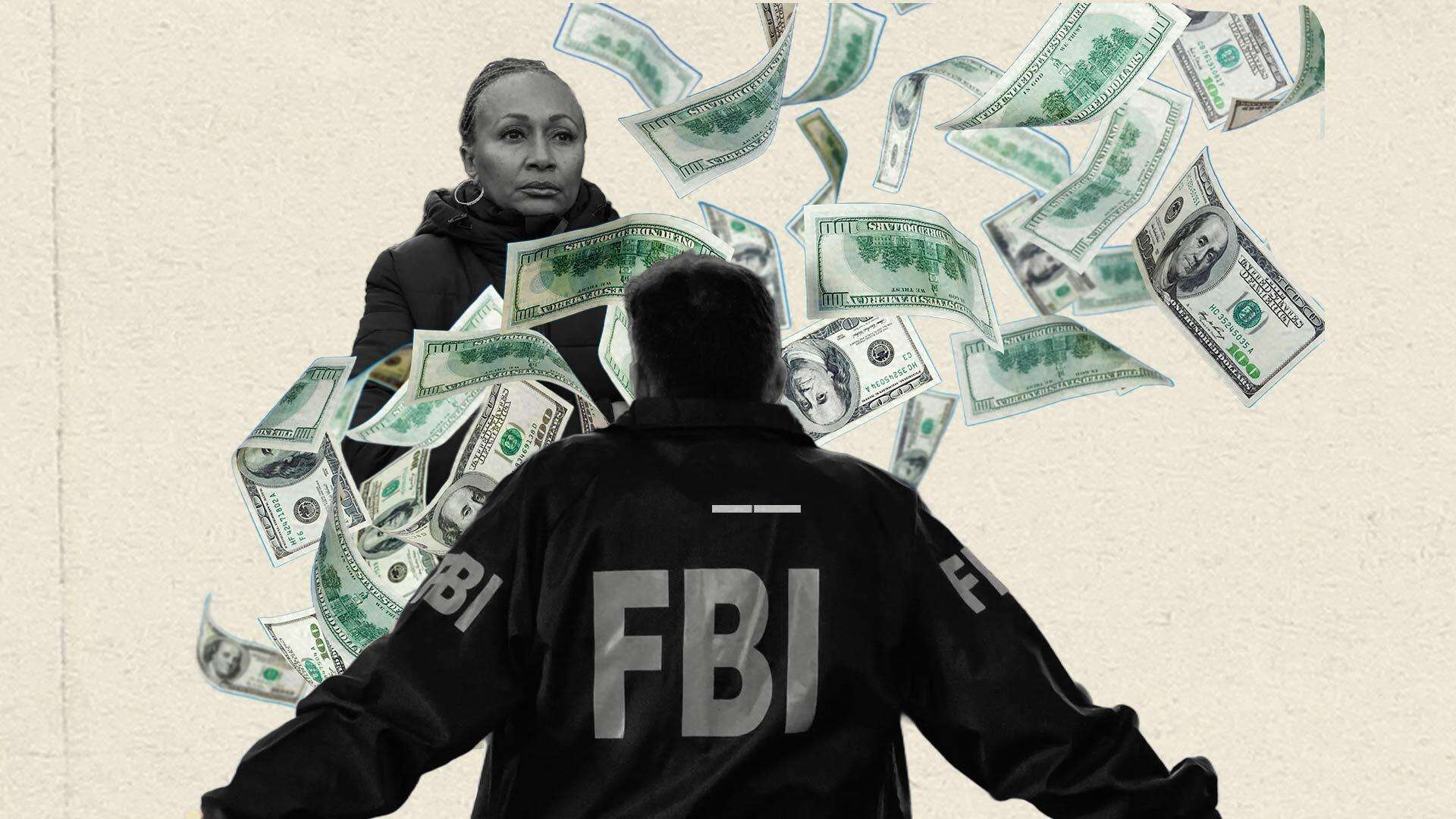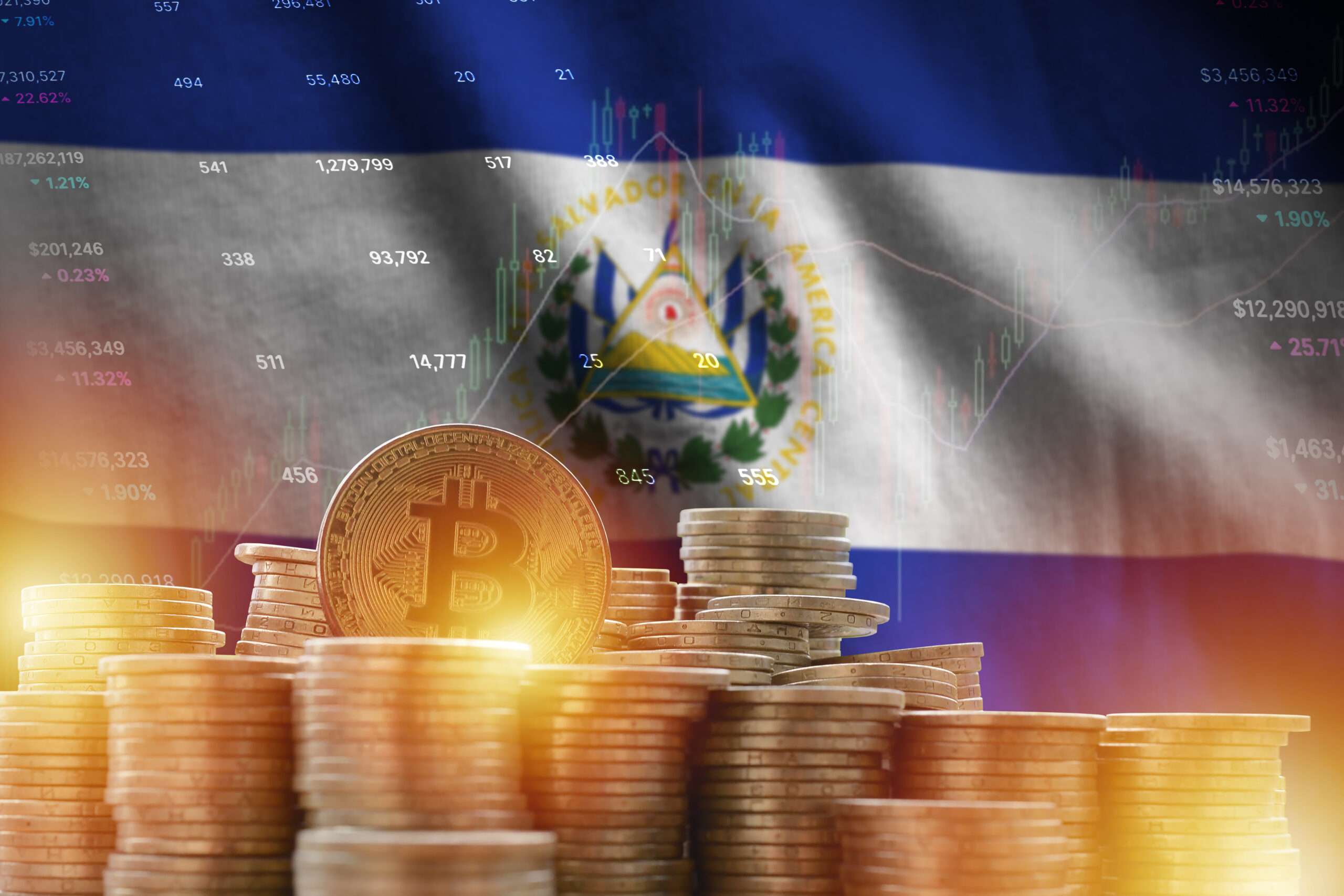Overprotective Neighbors Weaponize CPS Against Virginia Mom

Emily Fields, a Virginia mom, faced repeated investigations by Child Protective Services (CPS) for letting her children play unsupervised in her backyard and neighbors' yards. Authorities even claimed children couldn't be alone, even in their own bedrooms, until age 13. This highlights the pervasive mistrust of parents and children and the misuse of power by some neighbors. Fields partnered with Let Grow to advocate for and successfully pass Virginia's Reasonable Childhood Independence law. However, even with the new law, her children still face interference, leading her to create 'licenses' for them to deter unwarranted interventions.
Read more

